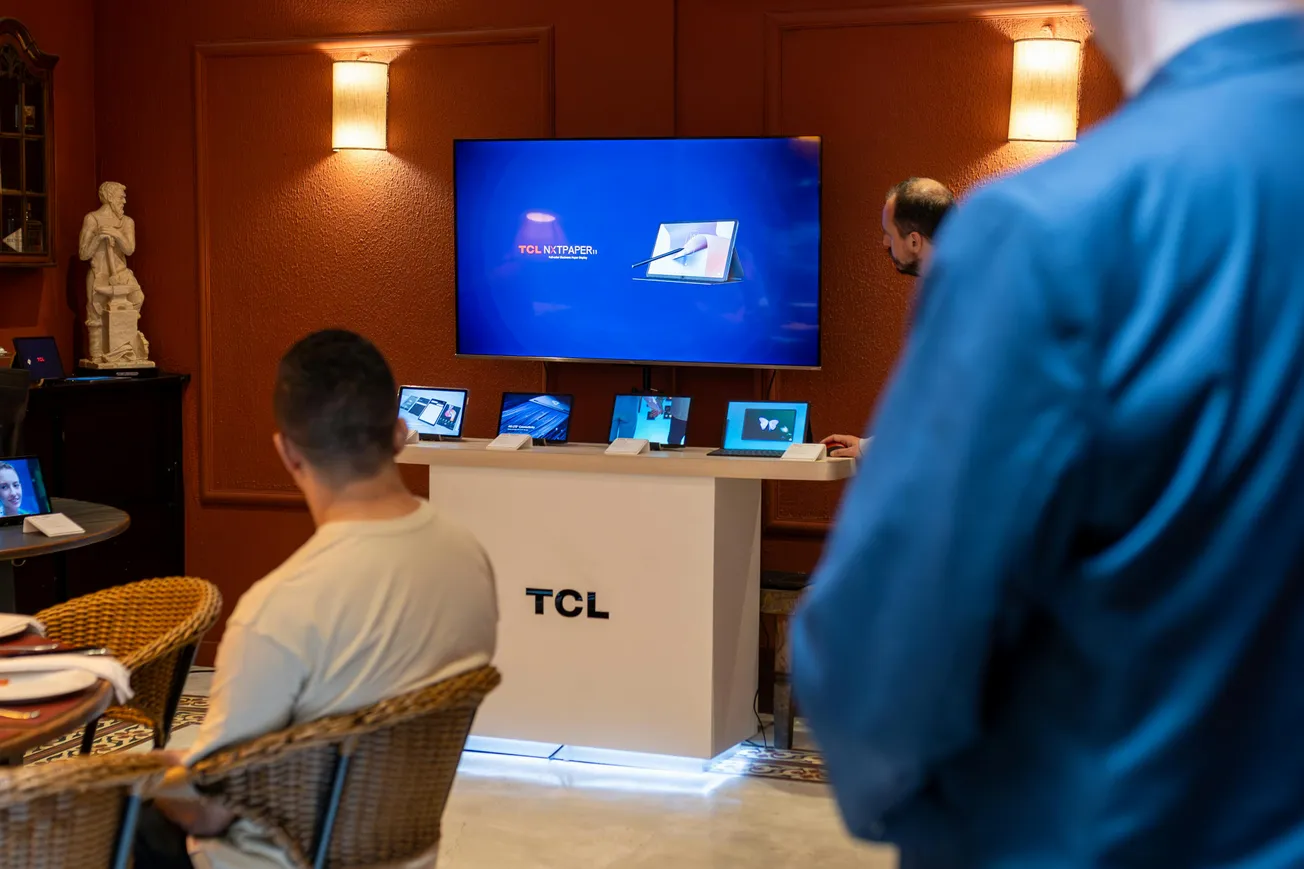The integration of AI in retail is not just a trend; it's a transformative movement that is setting new standards for efficiency and customer satisfaction. This evolution is marked by the resurgence of autonomous microstores, which leverage cutting-edge AI technologies for a more streamlined shopping experience.
Introduction
As the retail landscape rapidly changes, AI is emerging as a game-changer. With the resurgence of autonomous microstores—previously hindered by technological and financial barriers—the potential for cost reduction and operational efficiency has never been greater.
The Technical Core of AI in Retail
Modern AI technologies are at the heart of this retail revolution, allowing for precise inventory tracking and customer interaction analysis. Traditional methods relied heavily on bulky sensor grids; however, current systems utilize advanced computer vision and data analytics to map customer movements and enhance store layouts.
According to TokenRing AI, AI is enabling self-operating retail by simplifying operations and slashing setup costs, which is essential for scaling these innovations.
Improving Inventory Management
AI's role extends into intelligent inventory management, allowing retailers to maintain optimal stock levels and reduce waste. Predictive models can lower overstock by up to 40% while cutting labor costs by 60-70%.
By automating repetitive tasks such as cashierless checkouts, retailers free up resources for strategic activities, enhancing overall operational efficiency.
A Competitive Edge in the Evolving Market
Companies like Amazon have already adopted AI-driven technologies that promise substantial gains in customer satisfaction and profitability.
For instance, Amazon's "Just Walk Out" technology reflects how established players are leveraging these advancements to disrupt traditional retail practices. As competition rises, firms that hesitate to implement AI solutions risk being outpaced by more innovative competitors.
Broader Implications of AI in Retail
This evolution is not only about efficiency; it is also reshaping customer relationships and supply chain dynamics. By minimizing the retail carbon footprint and improving responsiveness to market conditions, AI is fostering a more sustainable industry.
However, challenges remain, such as job displacement and ethical considerations surrounding enhanced surveillance technologies.
Future Developments and Challenges
The future of AI in retail is promising, with developments centered on hyper-personalized shopping experiences and further integration between online and physical environments.
The anticipated advancements include AI-driven visual merchandising that adapts to customer behavior in real-time.
Conclusion
The integration of AI in autonomous microstores and inventory management marks a significant shift in the retail sector.
This transformation promises reduced operational costs, enhanced accuracy, and improved customer interactions, illuminating a path towards a more efficient and consumer-responsive industry.
The upcoming months will likely bring continued advancements in AI utilization within retail, driving innovations that redefine shopping experiences.








